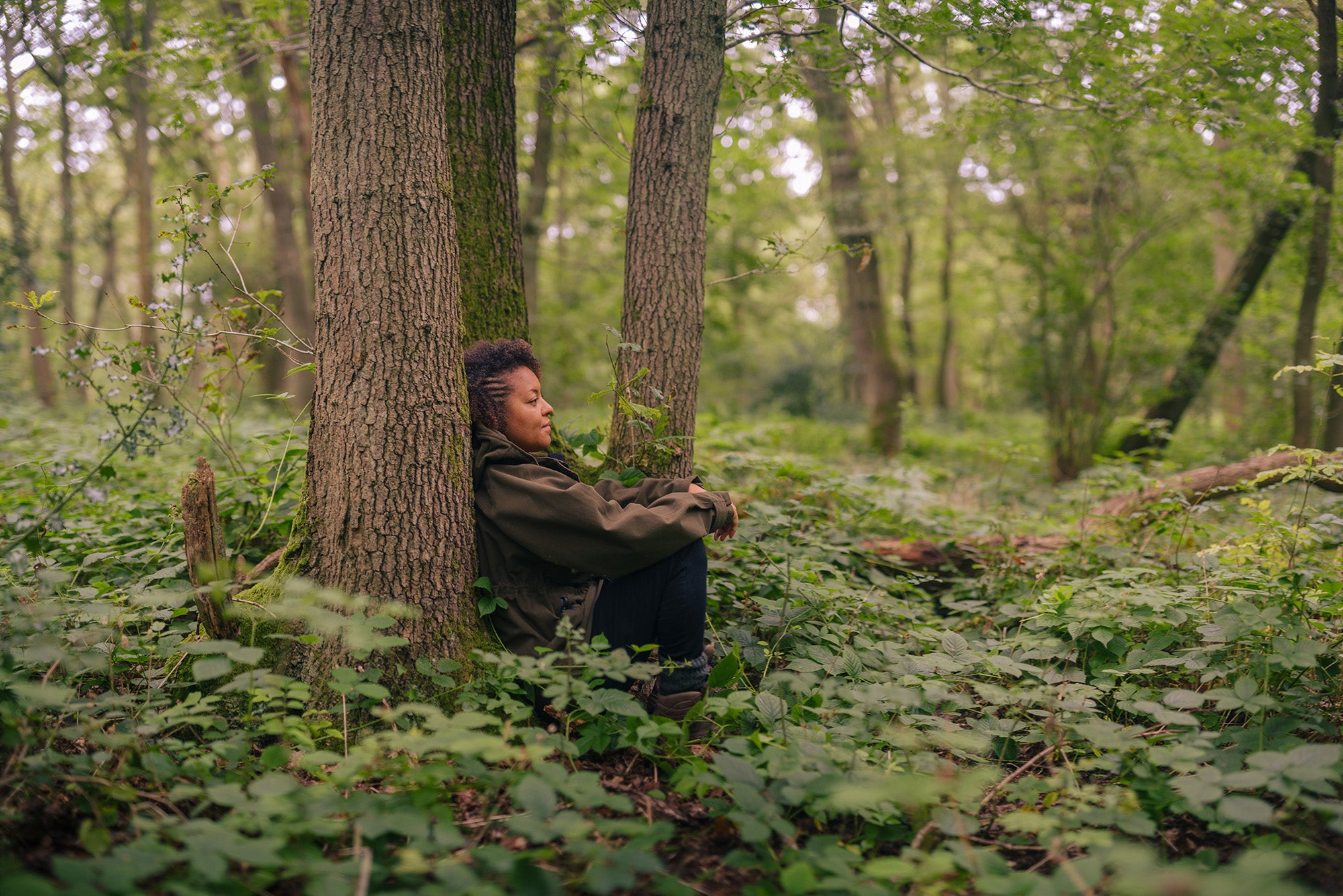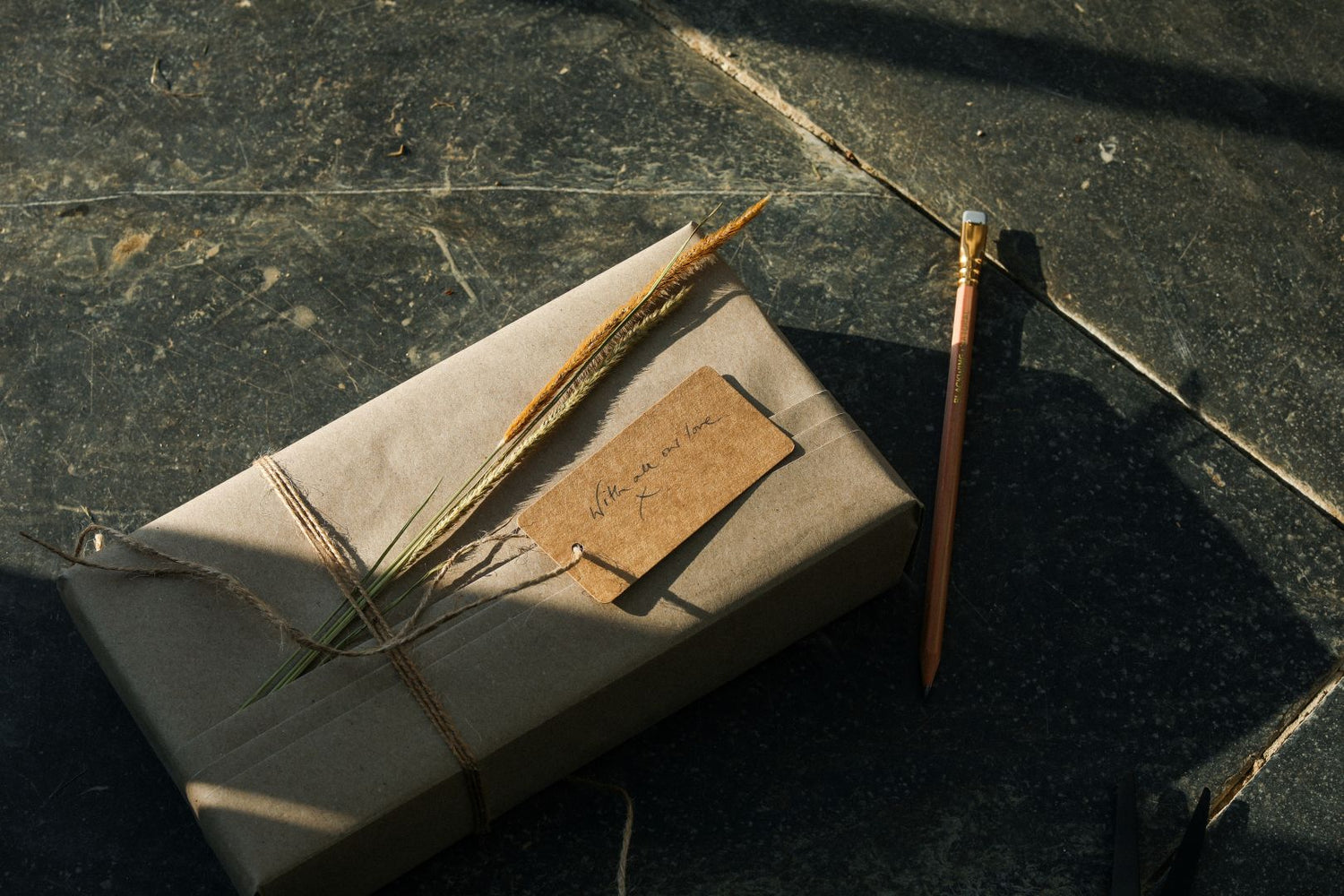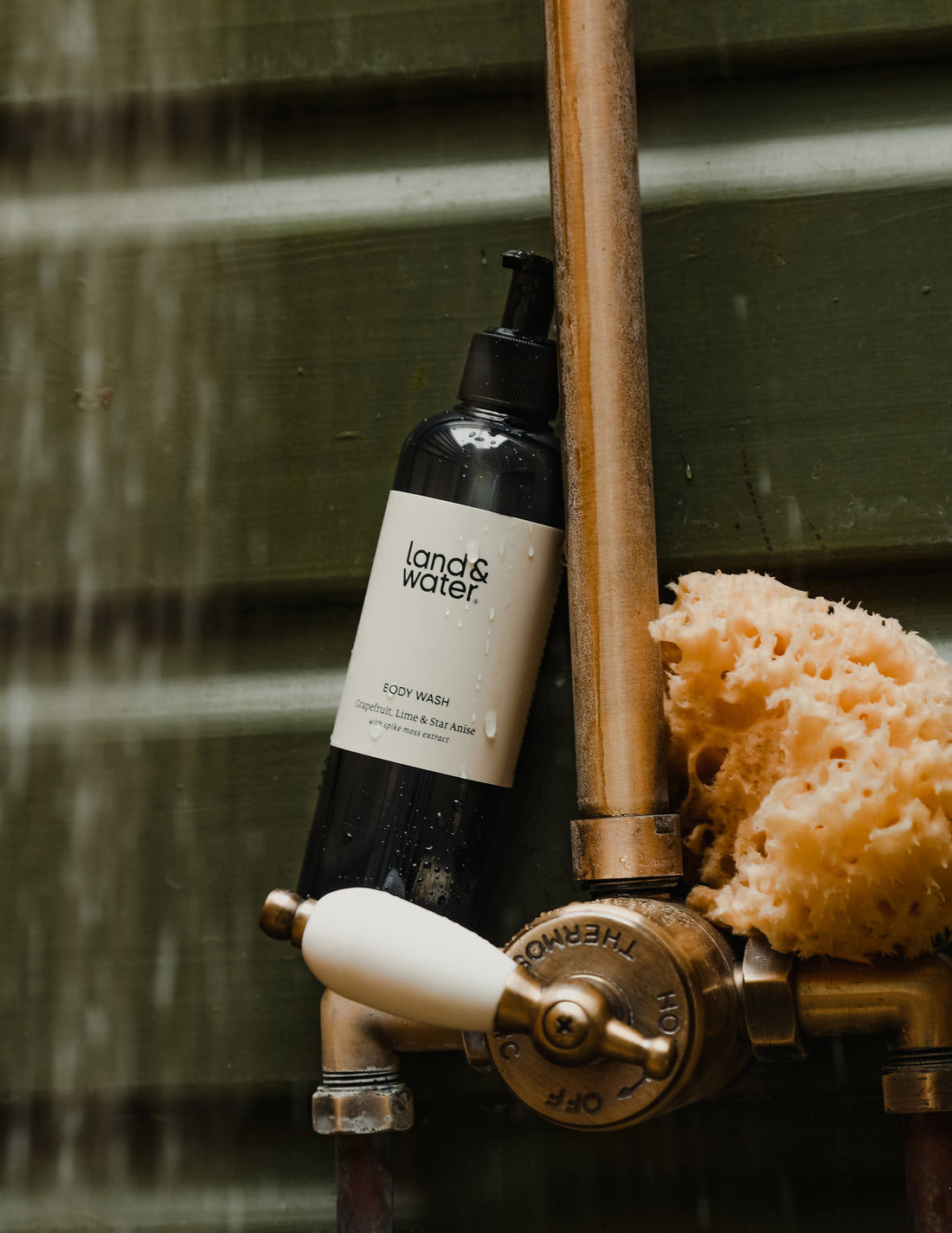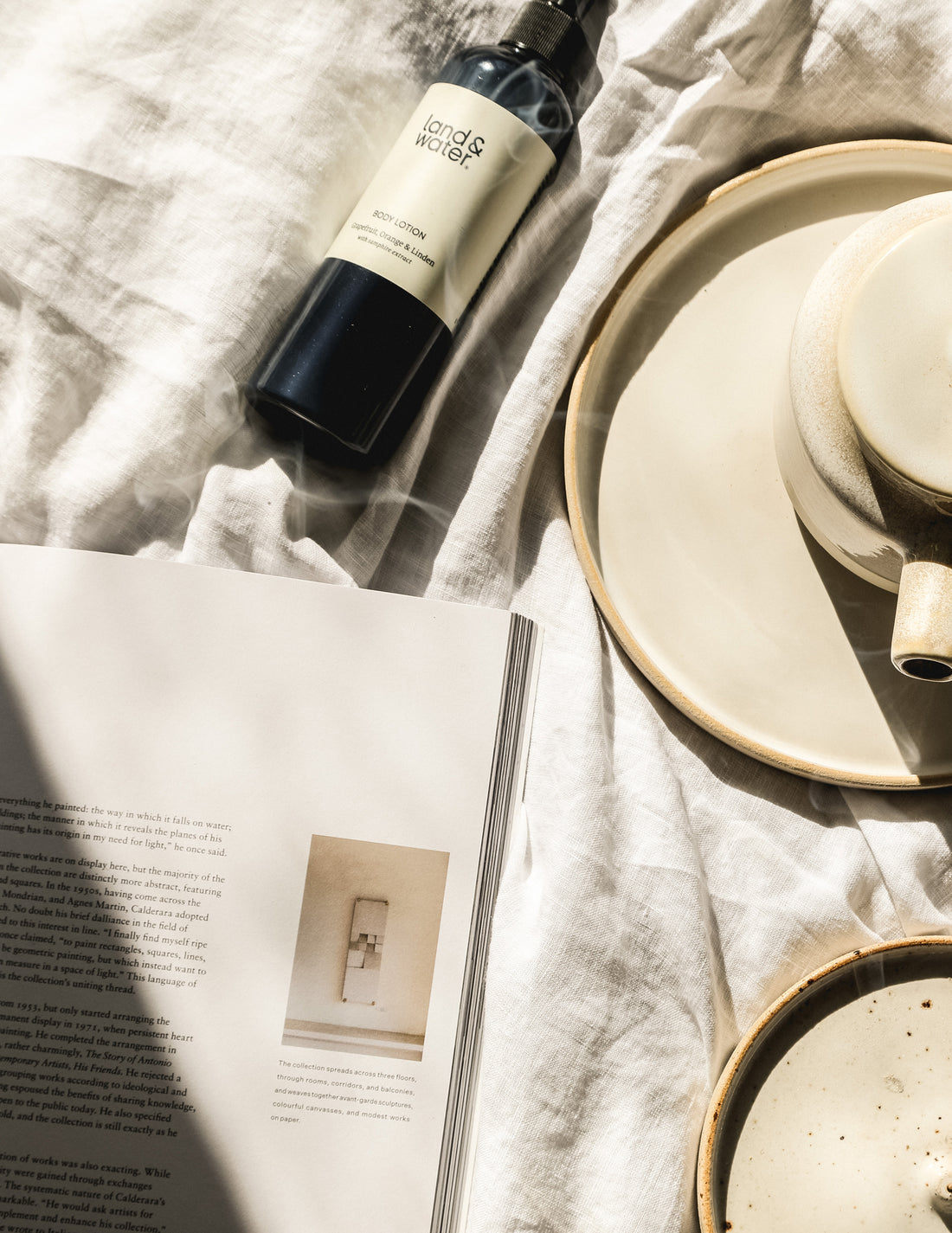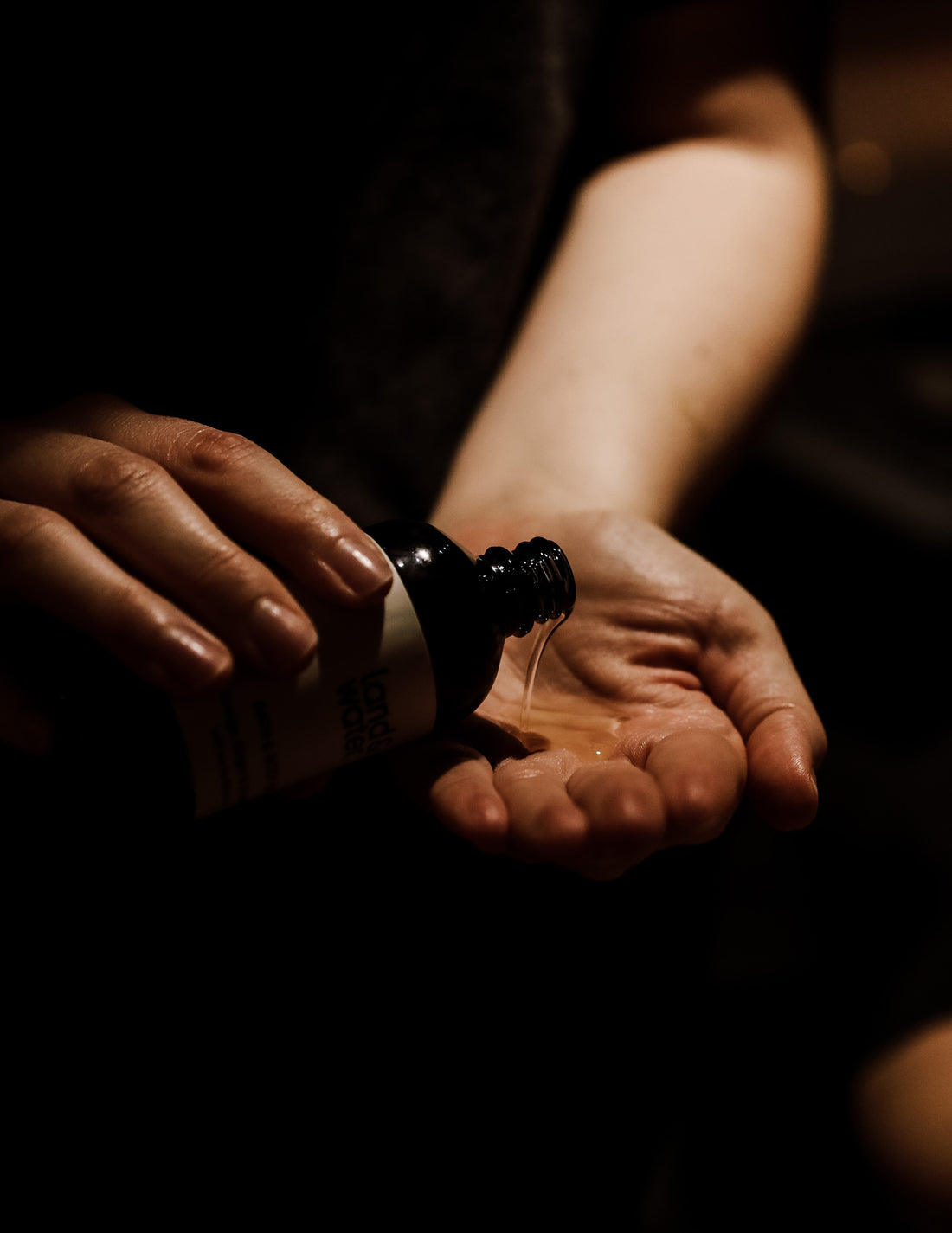Nature has the unique quality of being able to simultaneously calm and excite us. After time outside, we feel both relaxed and energised. And, spiritually, connected to a larger whole – to something bigger than ourselves. This brings a sense of belonging, regardless of challenges or hurts we might be experiencing in our human social lives...

Nature offers us a relationship, being something we are part of but also something with which we can relate. She offers us the core conditions of an ideal parent: non-judgemental, accepting, available, supportive and nurturing. And this warms us, we feel loved and part of something.

We often overlook the importance of place within our formative experiences and in developing attachments. The role nature has played in our lives is significant to our sense of wellbeing, as is the quality of our bond with parents and siblings. Because we are part of nature, if we’re not connected then we become detached from a part of ourselves and can feel loss and the pain of yearning for something missing, often without knowing why. Conversely, the joy of having communion and companionship with nature, as a primal connection, warms our soul. In activating our senses, time in nature increases our sense of self-worth – the breeze against our skin, the soft, solid ground beneath our feet – acknowledges our presence like a hand on our shoulder and makes us feel seen.

Because we feel accepted, nature invites us to take off our masks and be our true selves; whereas in human dominant spaces – especially competitive cities – we can tend towards a false mask created to feel safe and cover parts of ourselves that we feel are inadequate. This can be tiring to maintain, as we deliver a performance built on a sense of not being good enough.
Being our true selves is more peaceful and allows for a more embodied experience, meaning we can attune to and enjoy more of the sensory world around us, rather than trying to block it out or spend time hiding parts of ourselves.

Much of my work aims to restore the oral tradition for learning about nature within families and communities, with groups who have experienced disenfranchisement from the natural world. The power of community gathering in nature is transformative, watching anxieties make way for pleasure and elation on discovering beauty, peace and wonder.
Very quickly, people unfamiliar with spending time in woodlands, concerned about what they’ll find there, and often carrying a sense of shame in feeling out of place (unprepared) become transfixed with the visual tapestry and the sounds – the wind rustling the canopy, birds singing complementary melodies in different keys and human laughter around the fire create an uplifting symphony which sounds like home… Unleashing a joy in finding their place.

Nature invites intimacy, in our relationship with our self and with others. The city deceives us into thinking we are truly independent, when in fact we are often isolated and lonely. In nature, we need each other – to make fire, get the kettle on and cook food. This encourages better communication and cooperation, slowing down and really listening to each other, coming away feeling that we’ve learnt something of the essence of the people that we’re with, even if we didn’t learn last names or what people do for a living.

Nature feels like home, returning to source. The place of our true origin and which (in contrast to the city) supports our optimum health. We have a place here and are welcome.
Being in nature is freeing. It meets our needs for recognition, acceptance, and to feel belonging, which raises our self-esteem. Leaving us feeling warmer, lighter and supported…
+
Beth Collier is a nature allied psychotherapist and ethnographer, who teaches natural history and woodland living skills. She founded the Nature Therapy School and Wild in the City, an organisation supporting the wellbeing of urban communities. She’s currently writing the book Nature Allied Psychotherapy: Exploring Relationships with our Self, Others and Nature (Routledge).
bethcollier.co.uk • naturetherapyschool.com • wildinthecity.org.uk
This article, specially commissioned for land&water, first appeared in our 'Warm Glow' zine (October 2021). Portraits by Danny North – see more from the series in our online exhibition.


